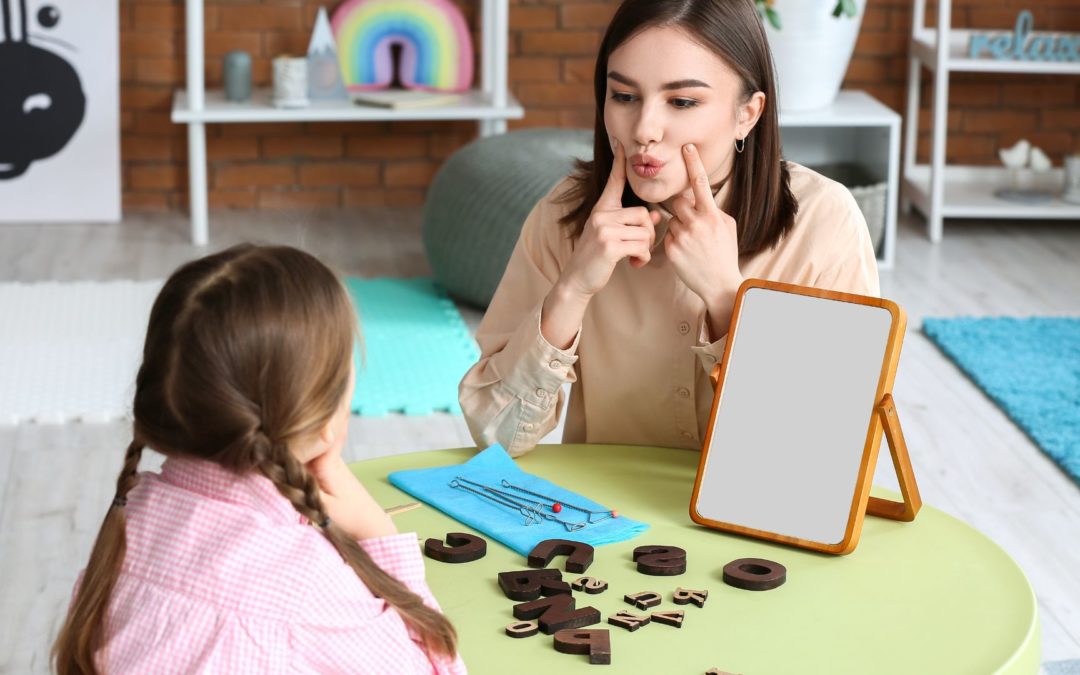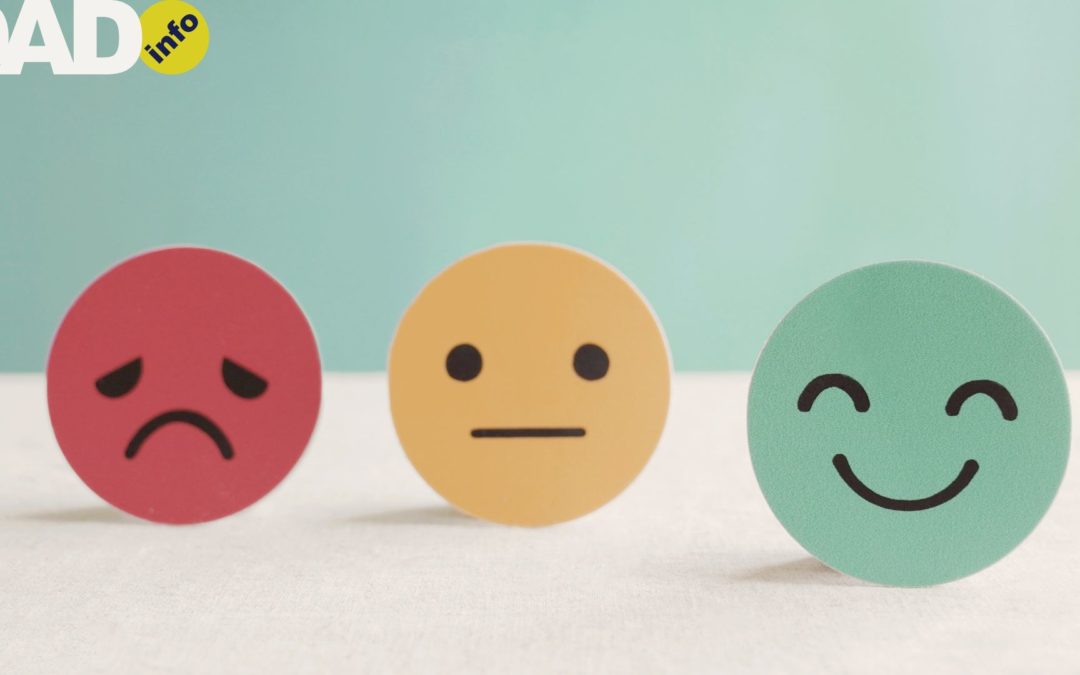
As parents we always have a lot on our plate, from juggling childcare and homework to kids’ parties and activities. However, add a job, relationships and finances on top, and you’ve got stress. Even if your job is great, your relationships are blooming and you’ve got your finances in check, there are still many aspects of your life demanding your attention.
Stress is unavoidable in modern life. In fact, some stress is necessary for our health- it keeps us focused and non-complacent. However, when we have many plates spinning at once, the stress can affect us physically.
How stress shows up in the body
Stress causes a myriad of physical effects in the body- some of which you might recognise as problems you struggle with. They include:
- headaches
- decreased sex drive
- stomach problems
- tiredness
- trouble concentrating
- muscle tension
- skin irritation
- teeth grinding
- frequent colds
- muddled thinking.
What are the long-term effects of stress?
Ongoing chronic stress can have a range of effects on the body. It can result in mental health problems such as anxiety or depression, and affect the heart, causing high blood pressure. Obesity can also occur through stress-eating, and a range of stomach problems such as acid reflux and gastritis can arise. Acne, eczema and hair loss can also be due to an overload of stress.
So what can I do to get a handle on stress?
The number 1 thing you can do to reduce stress is to make your mental health your priority. This means putting your wellbeing first, and saying no to commitments that take too much out of you. It also means making time for activities that you enjoy, and finding time to relax, in order to bring balance to the stress in your life. Here are other, more specific ways to reduce stress in the body:
Get out in the fresh air
Aim for a little every day, and try to pay attention to your surroundings. Take the dog for a walk and feel the crunch of Autumn leaves underfoot. Go for a wander through the local park and notice the sound of the birds singing. You could even go for a 20 minute jog. The combination of exercise and fresh air releases dopamine, the happy chemical, in your brain.
Stretch it out
Take little breaks when you can to stretch your body in any way it feels good. Stretching releases tension in the muscles and helps calm the mind. There are a number of stretching tutorials on YouTube- we like this one.
Get organised
If you feel like life is spinning away from you, try getting organised. This might include noting dates of commitments on the calendar, or even merely tidying up your home. Being in a clutter-free environment helps calm your mind and body, and you can relax knowing your life is in order.
Write it down
Got too much on your mind? Make a list of it all. It might sound insignificant, but getting all of your concerns out of your head and down on paper helps empty a busy brain. When you can see all of your stresses in a list, you may wish to think of steps to take to eliminate some of the worries. This can make you feel more in control and at peace.
Laugh
Laughter actually increases blood flow and makes you feel happier. If you can’t arrange a pub trip with your friends, plonk yourself on the sofa and enjoy an evening of comedy shows or movies.
Listen to music
Play your favourite songs, and sing along if you want to. Creating your own feelgood playlist of songs that always cheer you up is a great way to ensure you always have happy tunes at hand.
Try new activities
Variety is the spice of life, and giving new hobbies a spin is a fun way to relax. Perhaps give cooking a recipe a try, or check out a local boxing class. Activities like learning a new language or skill also help boost your self-esteem.
Deep breathing
Take a few minutes a day to devote to calming deep breathing. Deep, slow breaths induce the release of endorphins- the brain’s natural pain reliever. Either sit or lay down and place one hand on your stomach, the other on your chest. Slowly and deeply breathe in to feel your stomach rise, and lower as you release the breath. Continue for up to 10 minutes.
If you feel overwhelmed
If you find yourself struggling with stress, you can either speak to your GP or self-refer to a counselling service. Dad Info’s partner charity Fegans offer counselling for men- click here for more info.









